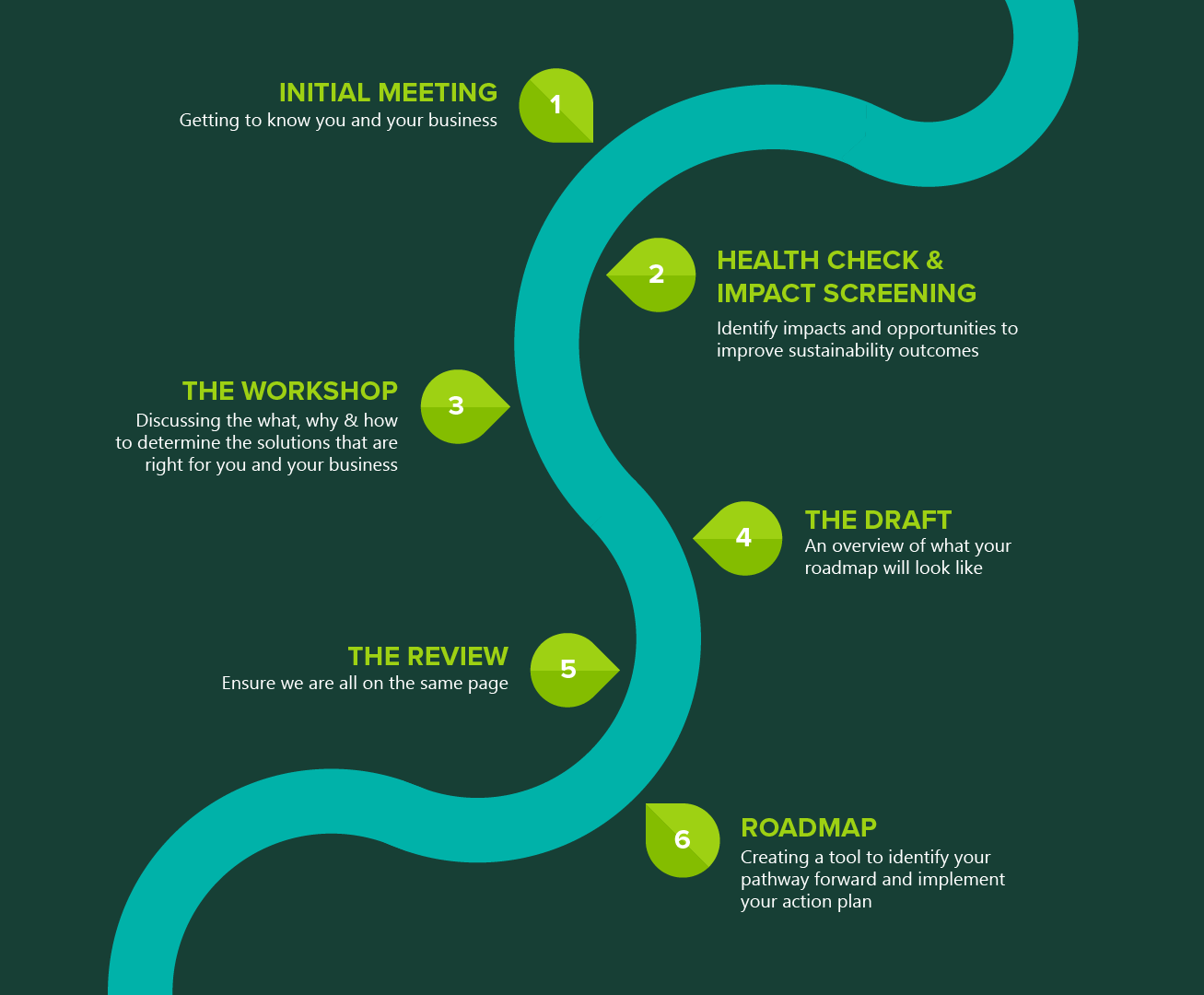%20(Large).jpg)

%20(Large).jpg)


Many sustainability leaders often face the challenge of making a business case for investing in more sustainable practices and stronger environmental management. In many cases, decision-makers struggle to see the incentives for implementing change, especially within a challenging economic landscape.
The reality is that while once thought to be conflicting goals, embedding more sustainable practices is good for the bottom line. Fundamentally, it is in the best interest of businesses to manage natural resources so that we can continue to use them for generations to come, and business sustainability can also drive change, such as retaining talent, expanding client and audience reach, meeting increasing environmental compliance and reducing costs through operational efficiency.
Let's unpack a few business case arguments.
Operational Efficiency
Energy-efficiency, waste-reduction strategies, and sustainable resource management can have direct economic impacts. Switching to renewable energy sources is an often-discussed example that can lower energy bills, while supply chain and logistics optimisation can reduce operational costs. Understanding your supply chain can often lead to preferred buyer offers and better relationships throughout a business’ operations, improving the way we do business.
Regulations and Risk management
Non-compliance to increasing environmental regulations can come with hefty fines and disasters resulting from poor environmental management can result in reputational damage. Embedding sustainable practices can help stay ahead of regulatory changes, and strong environmental management can help identify and mitigate potential environmental risks.
Not only does it mitigate future risks, but this helps businesses secure larger projects in future, as many organisations require certain levels of environmental management.
Attracting and retaining talent
According to a Forbes article from 2022, by 2025, an estimated 27% of the workforce will be Gen Z (people born between the late 1990s and early 2010s). It's fair to say that this generation has higher expectations when it comes to sustainability and environmental integrity, work-life balance, and social justice. Organisations that prioritise sustainability initiatives offer more than a job, they meet these broader expectations and provide a sense of purpose, allowing businesses to attract and retain new talent.
Build long-term resilience.
Identifying and mitigating risks, and building strategies and management systems can help build resilience and equip organisations to better handle potential disruptions caused by the impacts of climate change, resource scarcity and a shifting economic environment. Proactive approaches enable organisations to adapt to unexpected changes, and adaptability is the key to a resilient business.
The business case for sustainable practices and stronger environmental management is clear. In the long run, however, the choice will be made by external forces and companies will no longer be able to avoid towing the line.
This paradigm shift is already well underway, New Zealand has committed to the Net Zero target by 2050, and organisations embedding sustainable practices are taking the lead. By embracing sustainability, organisations can not only contribute to a healthy environment but also achieve long-term business success.
No matter where you are on your sustainability journey, Morphum is here to help create practical solutions that suit your business.
Get in touch now to find out more!
%2520(Large).jpeg)


.jpg)
.jpg)

